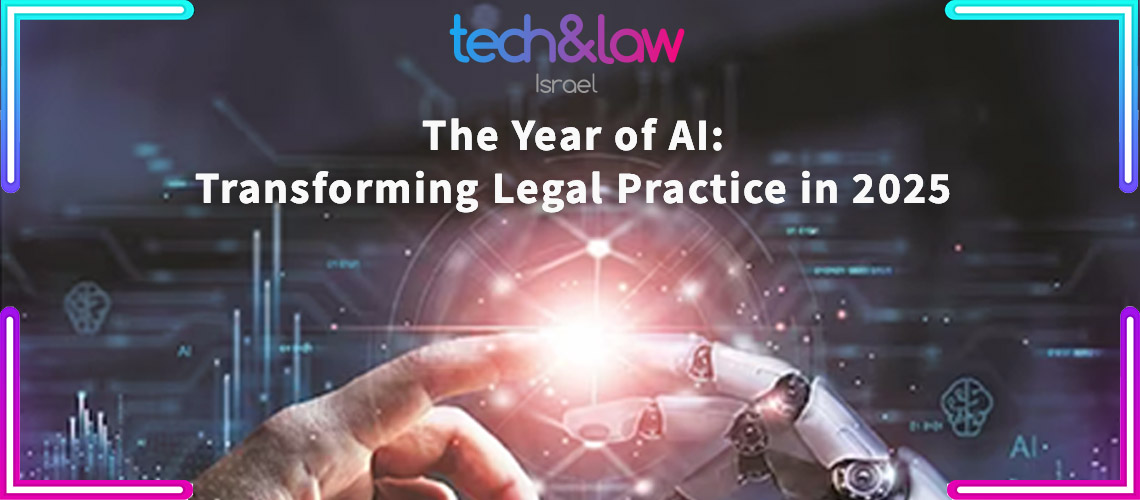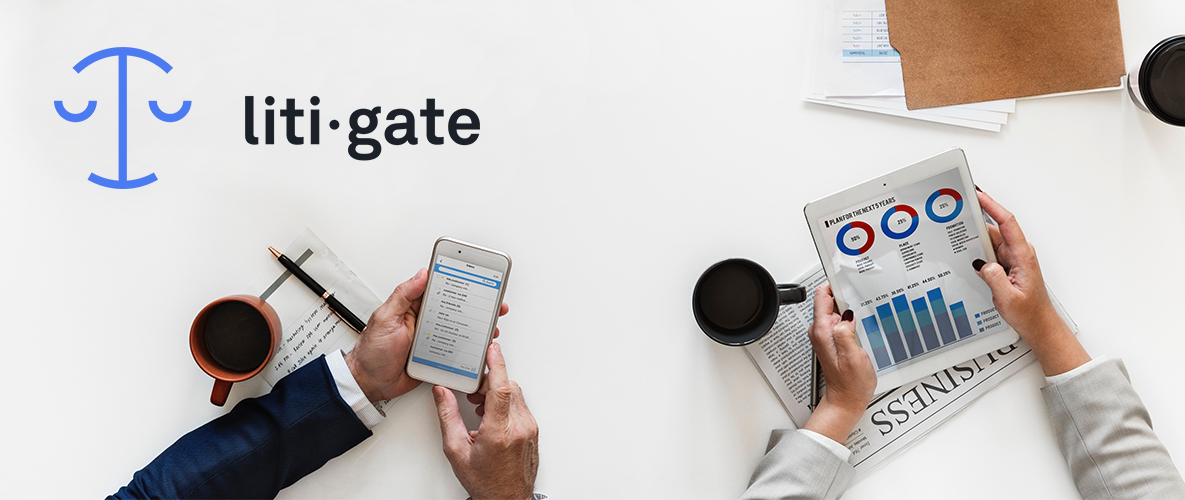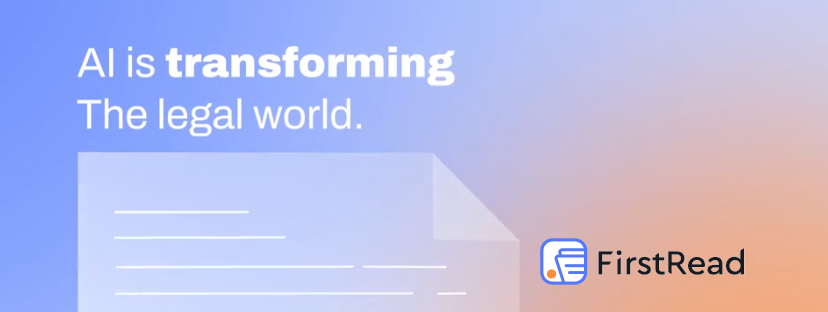
Sophie Pilarski
About investigating the Role of AI, Cloud Computing, eDiscovery Assistant, Smart Contracts, and Cybersecurity in Shaping a Modern Legal Industry
The legal industry has traditionally been slow to embrace modernization, but recent legal tech trends have resulted in a dynamic and thriving market. Firms are increasingly recognizing the value of time-saving tools and mobility for a flexible work environment, enabling legal professionals to produce and access vital information from anywhere.
The legal field has witnessed a surge of interest in AI, presenting significant potential in the legal sector by automating time-consuming tasks within law firms. AI-powered legal research tools promise to provide essential information while saving countless hours.
One example of AI (artificial intelligence) software is Casetext, a research platform that analyzes legal documents and identifies relevant case law. In June of 2023, Thomson Reuters, a global content and technology company, recently signed a definitive agreement to acquire Casetext for $650 million in cash. This deal showcases the positive attitude towards AI technologies perceived value to the future economy. Other emerging AI software tools include Lex Machina, Kira Systems, and Luminance. While AI tools are still in their infancy, it is important to stay informed about their development and acknowledge their potential to transform the legal field.
However, it is crucial to address the ethical concerns surrounding AI, particularly in terms of misinformation and bias that can arise from its usage.
Ethics in the age of LegalTech
In the past, law firms stored data and software on their own hard drives, leading to scalability issues and inevitable crashes. During the pre-pandemic period, firms had reservations about the security and reliability of cloud computing. However, the pandemic’s requirement for remote work adaptability played a significant role in the widespread acceptance of cloud computing.
Consequently, law firms now readily adopt and utilize cloud-based practice management systems. Cloud computing offers numerous benefits within the legal industry, including reduced costs, data protection, and speed. The legal world recognizes its advantages, leading to its widespread adoption and integration into various aspects of legal practice.
E-Discovery Assistant is a comprehensive database that curates case law, rulings, checklists, and glossary terms. The site emphasizes its quick capability, “Imagine knowing how your judge will rule on an issue in three clicks.” The cases within the database are meticulously labeled and easily searchable based on issue, judge, and district court level.
As of June 2023, the eDiscovery Assistant site houses a collection of over thirty thousand cases. To ensure legal professionals have access to up-to-date research, the site receives regular updates five days a week. This frequent updating of information enables lawyers to incorporate the most current research into their work, enhancing the accuracy and reliability of their case assessments and strategies.
Among others, blockchain technology can be leveraged in the legal field through the use of smart contracts. Smart contracts operate within a decentralized blockchain network, offering characteristics such as transparency and efficiency. While it is possible that smart contracts could replace traditional contracts, it is more likely that they will complement written contracts by serving as a form of data storage and facilitating e-commerce activities. Smart contracts have several advantages in the legal domain: They eliminate the need for intermediaries, reducing the risk of fraud and enabling automatic compliance with predetermined terms. By integrating a data-management system with smart contracts, a firm can protect and maintain sensitive client information.
As legal technology continues to advance, safegaurding cybersecurity and data protection is of paramount importance. Law firms have a significant responsibility in handling sensitive client information which makes them highly vulnerable to cyber threats. Implementing strong cybersecurity is crucial through risk assessments, encrypting data, employee training, and response planning. By leveraging secure software solutions, law firms can effectively reduce the risk of data breaches and maintain compliance with data protection regulations. Cybersecurity software includes Valire, CybeReady, and Blackpoint. Blackpoint is a cybersecurity startup that recently raised $190 million in funding and is growing by 100% every year according to their CEO Jon Murchison.
The legal industry is undergoing a transformative phase with the adoption of legal tech trends. AI and Cloud computing as well as the integration of eDiscovery Assistant, smart contracts, and the necessity for cyber security are reshaping the future of how legal professionals will work.
*** Sophie Pilarski is an incoming third-year student-athlete at the University of Chicago majoring in global studies with a prelaw specialization complemented by a minor in human rights. As part of her long-term goals, she intends to pursue law school in the future.







